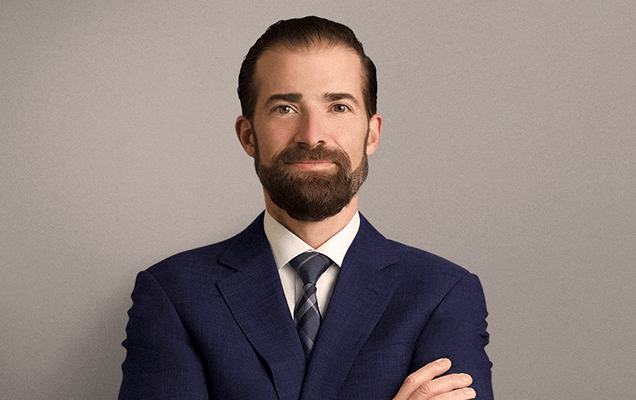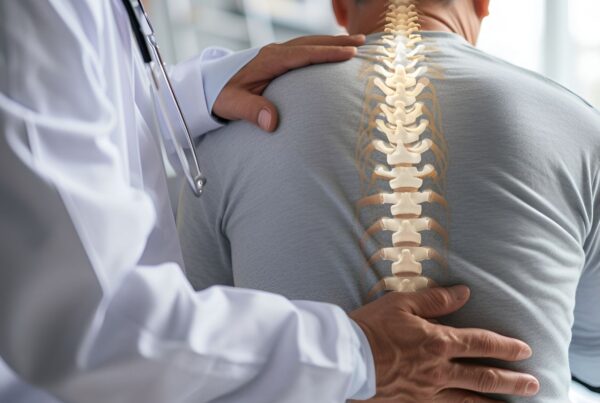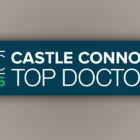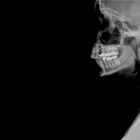October is Facial Pain Awareness Month
Every year, the month of October brings a special focus on an often overlooked but incredibly challenging health issue: facial pain. As Facial Pain Awareness Month begins, it’s the perfect time to bring attention to the challenging condition trigeminal neuralgia.
What is Trigeminal Neuralgia?
Trigeminal neuralgia, often referred to as “suicide disease” due to its excruciating pain, affects the trigeminal nerve. This is the nerve that is responsible for transmitting sensations from the face to the brain. Even the simplest activities like eating, talking, or brushing one’s teeth can become unbearable for those with this condition.
Trigeminal Neuralgia Symptoms
There are two types of trigeminal neuralgia. Both types are characterized by severe, sudden-onset facial pain, but there are several key differences in symptoms.
Trigeminal Neuralgia Type 1
TN1, often referred to as tic douloureux, is the more common of the two types. It is characterized by intense, stabbing, and excruciating pain that typically occurs on one side of the face.
Pain is often triggered by simple everyday actions including:
Eating
Talking
Smiling
Shaving
Brushing your teeth
Applying Makeup
The pain episodes are brief, lasting for seconds to a few minutes, but they can be frequent, occurring many times throughout the day and affecting quality of life.
The exact cause of TN1 is often related to compression of the trigeminal nerve by nearby blood vessels, resulting in erratic pain signals being sent to the brain.
Management of TN1 typically involves medications to provide pain relief. In some cases, surgical intervention is required to alleviate pressure on the trigeminal nerve.
Are you out of options
to eliminate your pain?
Trigeminal Neuralgia Type 2
Trigeminal Neuralgia type 2 , also known as atypical trigeminal neuralgia, presents with a different pain pattern. While the pain is still intense, it is often described as a constant, burning, or aching sensation rather than the sharp, stabbing pain seen in type 1.
The pain in type 2 may also be more widespread, affecting larger areas of the face. Unlike type 1 where triggers like touching the face are common, type 2 pain can be spontaneous and persistent, lasting for extended periods.
The underlying causes of type 2 are more varied and can include nerve damage, multiple sclerosis ms, or other neurological conditions. Treatment for type 2 usually involves a combination of medications to manage pain and address the underlying causes when possible.
Diagnosing Trigeminal Neuralgia
Diagnosing trigeminal neuralgia involves a physical exam and a detailed medical history to rule out other causes of facial pain. Your health care provider will ask about the frequency and intensity of the pain, triggers of pain, and what makes it better or worse. There is no individual test for trigeminal neuralgia, so determining the nature of the pain is key to the diagnosis.
Your doctor may also recommend imaging or laboratory tests, such as a CT scan or an MRI of the trigeminal nerve and surrounding areas.
These tests can help determine if the pain is caused by a tumor or blood vessel abnormality, or by possible undiagnosed multiple sclerosis . Certain advanced MRI techniques may help the doctor see where a blood vessel is pressing against a branch of the trigeminal nerve.
Treatment for Trigeminal Neuralgia
While both types of trigeminal neuralgia originate at the trigeminal nerve, they usually require different treatments for sufferers to achieve some level of relief.
Some available treatment options include:
Medication
MVD (Microvascular Decmompression Surgery)
Gamma Knife Radiosurgery
Percutaneous Rhizotomy
Pain Stimulator Placement
If you are experiencing severe, prolonged facial pain be sure to see a healthcare provider who specializes in the treatment of Trigeminal Neuralgia. Your doctor can review your medical history and individual needs to help make an informed treatment decision.
There is no need to suffer from the pain caused by trigeminal neuralgia. Let our facial pain experts help you find effective relief and get back to doing what you love.
Contact our office today to schedule a consultation.

About Dr. Anthony D'Ambrosio
Dr. Anthony D'Ambrosio is an accomplished neurosurgeon in North Jersey and a proud member of Neurosurgeons of New Jersey practicing primarily out of their Ridgewood office conveniently located on East Ridgewood Avenue. Dr. D’Ambrosio focuses his clinical practice on brain tumors, nervous system disorders, and facial pain disorders. He has expertise in a variety of complex surgical and radiosurgical techniques as well as minimally invasive procedures intended to successfully treat complex diseases of the brain. These techniques include micro-neurosurgery, microvascular decompression surgery and Gamma Knife radiosurgery. He's authored over 25 peer-reviewed journals and is the recipient of many awards.
Recent Posts:






